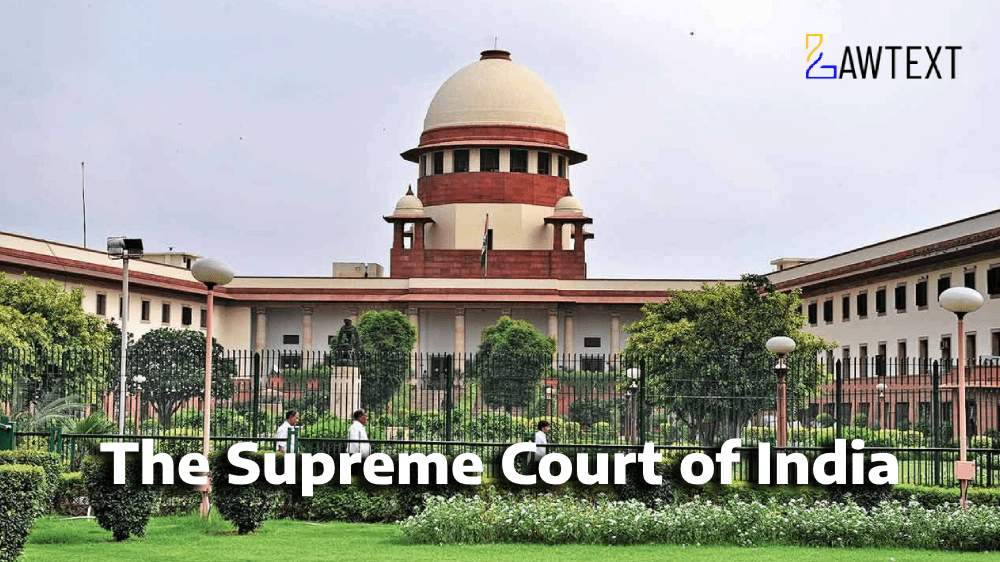Supreme Court Overturns Judgments in Land Sale Dispute, Citing Fraudulent Agreement. "High Court and Lower Courts' Concurrent Findings on Sale Agreement Deemed Perverse."

CASE NOTE & SUMMARY
The Supreme Court set aside the judgments of the High Court of Punjab and Haryana and the lower courts, finding that the land sale agreement in question was fraudulent. The Court highlighted inconsistencies in the agreement and ruled that the plaintiff had failed to prove the transaction's legitimacy, stating that the findings of the lower courts were perverse and unsustainable.
1. Appeal History:
- The appeal arises from the dismissal of a second appeal by the Punjab and Haryana High Court, which upheld a trial court’s judgment partially favoring the plaintiff in a suit for specific performance of a land sale agreement.
2. Case Background:
- The respondent filed a suit to enforce an agreement to sell agricultural land, alleging the defendant failed to register the sale deed. The trial court awarded recovery of Rs. 16,00,000/- as earnest money instead of granting specific performance.
3. Key Dispute:
- The plaintiff alleged the defendant agreed to sell land and received earnest money. The defendant denied this, claiming the agreement was fraudulent, fabricated by the plaintiff and his associates.
4. Judicial Findings:
- The trial court found the transaction appeared to be a loan rather than a sale agreement, rejecting the plaintiff's plea for specific performance but granting a refund of the earnest money.
5. Supreme Court's Findings:
- The Court scrutinized the agreement, noting that thumb impressions on blank stamp papers, the absence of signatures on crucial pages, and the plaintiff's failure to follow legal formalities suggested the agreement was fraudulent.
6. Pervasiveness of Lower Courts' Judgments:
- The Supreme Court observed that both the trial and appellate courts ignored significant factual inconsistencies and wrongly inferred the legitimacy of the transaction.
Acts and Sections Discussed:
- Article 136 of the Indian Constitution: The scope of special leave petitions and the jurisdiction of the Supreme Court to interfere with concurrent findings of fact were extensively discussed.
- Specific Relief Act, 1963: The court referred to provisions relating to specific performance, particularly the circumstances under which such relief can be denied.
Ratio Decidendi:
The Supreme Court held that judicial interference under Article 136 was warranted because the findings of the lower courts were perverse and based on misreading key evidence. The case demonstrated the necessity of clear evidence in claims of specific performance and the importance of adhering to legal formalities when engaging in property transactions.
Subjects:
#LandDispute #FraudulentAgreement #Article136 #SpecificPerformance
ISSUE OF CONSIDERATION
LAKHA SINGH VERSUS BALWINDER SINGH & ANR.
Citation: 2024 LawText (SC) (9) 271
Case Number: CIVIL APPEAL NO(S). OF 2024 (Arising out of SLP(Civil) No(s). 30250 of 2018)
Date of Decision: 2024-09-27
Case Title: LAKHA SINGH VERSUS BALWINDER SINGH & ANR.
Before Judge: (PAMIDIGHANTAM SRI NARASIMHA J. , SANDEEP MEHTA J. )
Appellant: LAKHA SINGH
Respondent: BALWINDER SINGH & ANR.

